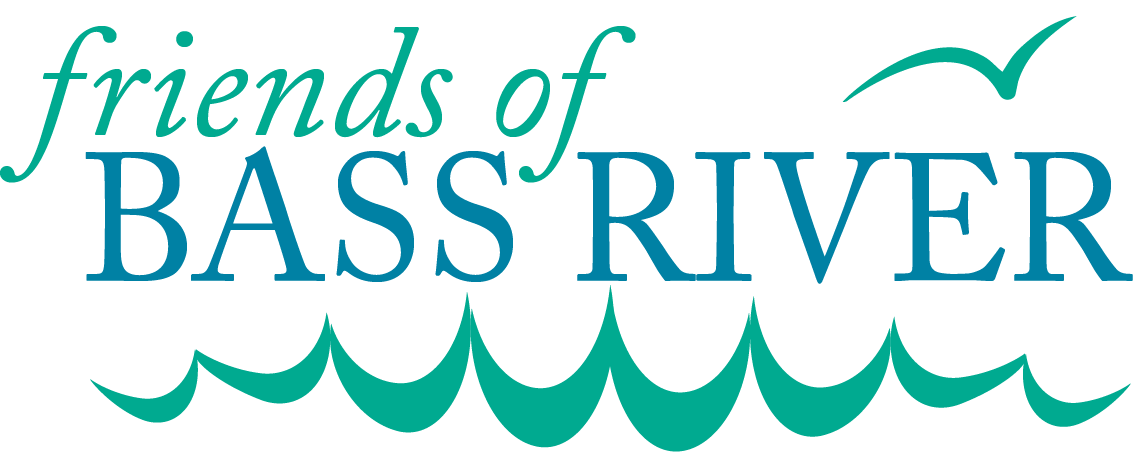Marine Debris
Marine debris, also known as marine litter, is any man-made solid that finds its way into the water. This is what many think of when they hear the term "polluted beaches." Marine debris can come from the land or from the sea and isn’t just the result of careless beachgoers or wayward weekend boaters. It can include plastic, fishing gear, cigarette filters, food packaging, glass, metal, and medical waste. The majority of the trash and debris that covers our beaches comes from storm drains and sewers, as well as from shoreline and recreational activities.
Some staggering statistics
- Six million tons of debris enters the world’s oceans every year, weighing the same as a million elephants
- Scientists expect that there will be more plastic than fish in the sea (by weight) by 2050 – and that is just plastic debris!
- About 8 million items of litter enter the marine environment every day.
- Plastic makes up about 60% of marine debris, with an estimated 100,000 marine mammals and turtles killed by plastic litter every year
WHAT DOES THIS MEAN TO ME?
The problems associated with marine debris go well beyond aesthetics. Sea bird, seals, and other animals can be choked, starved, or poisoned when they mistake debris for food. And, when animals at the bottom of the food chain ingest marine debris, the material or the chemicals could then magnify up the food chain and end up on your dinner plate. Animals can also become entangled in nets, bags, ropes, and other trash, often resulting in drowning, suffocation, loss of mobility, or starvation. Beachgoers can also injure themselves on items such as pieces of glass, wood, or metal while swimming or walking on the sand.
In addition, marine debris poses a threat to navigation: propellers can become jammed with fishing line, boats can be damaged by colliding with large pieces of debris, and plastic can clog cooling intakes.
How Can I Help Reduce Marine Debris?
Fortunately there are many ways that you can help reduce marine debris, even in your own backyard:
- Join statewide coastal cleanup efforts by getting involved with COASTSWEEP, the Bay State’s annual volunteer beach cleanup organized by the Massachusetts Office of Coastal Zone Management (CZM).
- Don't litter. Make sure to remove all evidence of your visit when at the beach or on the water.
- Don't dump trash into storm drains.
- Purchase products with little packaging.
- Recycle.
- Ensure that your yard is trash-free.
- Securely cover trash cans.
- Carefully stow trash when boating.
- Teach others about marine debris and encourage them to take action too.
Remember, many hands make light work! If we all do our share, we can help reduce marine debris on Bass River. For more information on marine debris, its impact, solutions and regional efforts to stop it visit NOAA's Marine Debris Program.

